Lung Cancer
An Introduction to Lung Cancer

Explore expert perspectives from ATS 2025 with our exclusive interview series. Discover key advances in respiratory care, including updates on COPD, ILD, ventilation strategies, and emerging therapies. Stay informed with concise, clinically relevant insights tailored for healthcare professionals on touchRESPIRATORY.
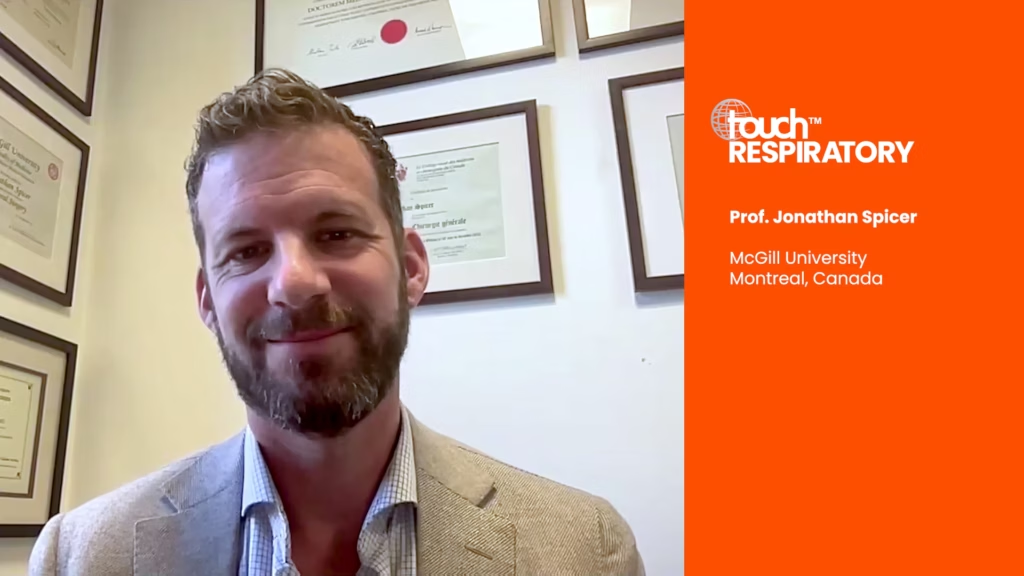
Expert insights on the practical application of immunotherapy in early-stage NSCLC

Physician burnout is at a critical point. In this episode, Nicky speaks with Dr Alfred Atanda about why so many physicians are burning out and what can be done to change the trend. From personal experience to system-wide solutions, Dr Atanda shares valuable insights on improving physician well-being and building a more effective healthcare culture.

In this interview, Dr Mural Quadros (St John’s University, New York, USA) discusses her presentation from the ATS International Conference in San Francisco, on a preclinical study evaluating inhaled osimertinib for malignant pleural mesothelioma (MPM). The research highlights the use of PLGA nanoparticles to deliver the drug directly to the lungs, offering a non-invasive, targeted alternative to current treatment options.

In this episode, we explore the future of continuing medical education (CME) with the team behind touchIME. Hannah Fisher and Matthew Goodwin share insights into global and US trends, the importance of patient inclusivity and how educational outcomes are evolving to better measure the direct impact of learning on clinical practice and patient care.
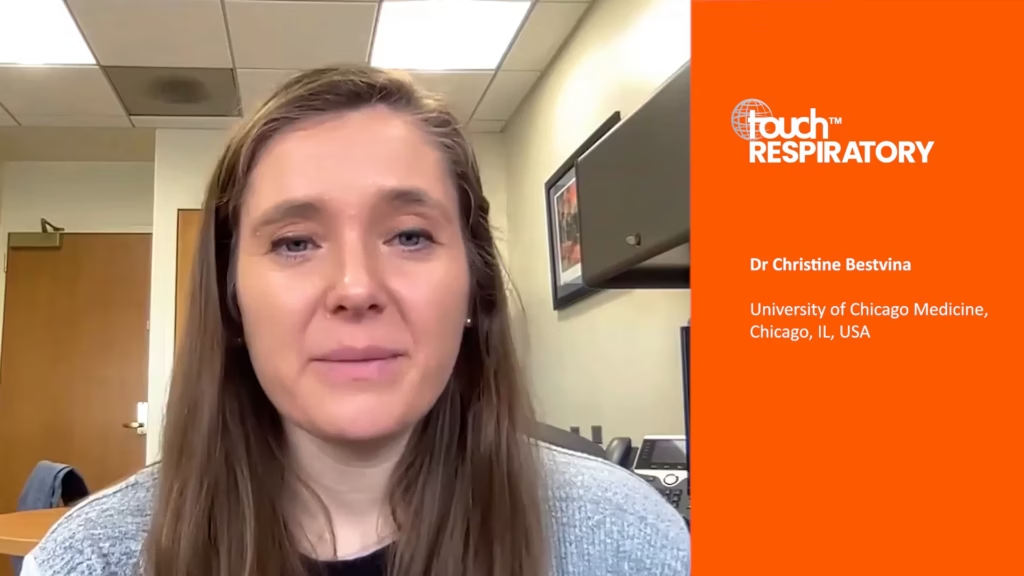
Watch an expert discuss the key clinical questions surrounding currently approved RET inhibitors in NSCLC.
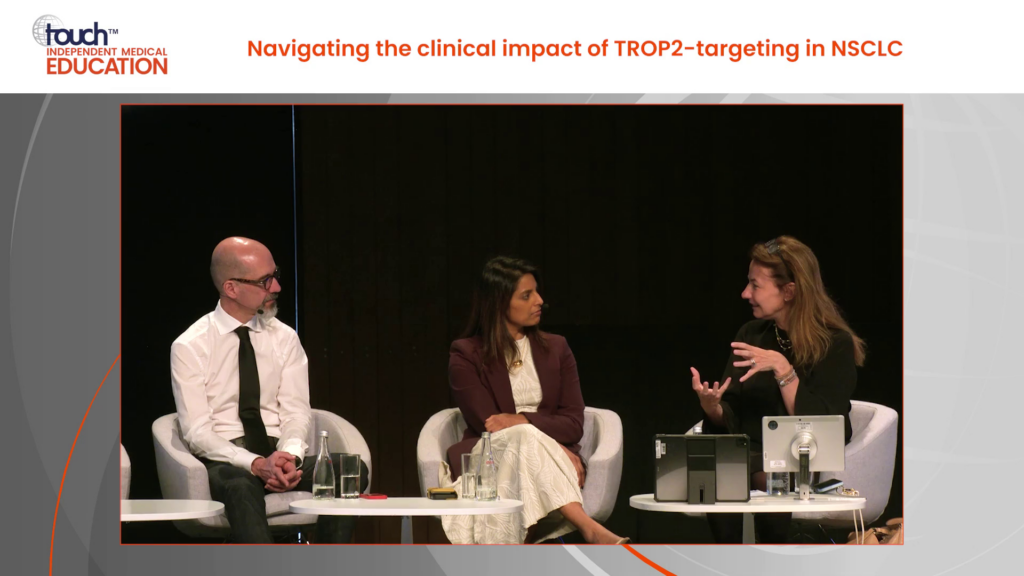
In this symposium, three lung cancer specialists share their insights on TROP2-targeted ADCs in NSCLC




Watch a lung cancer expert discuss the latest data for ADCs in NSCLC and their implications for clinical practice.
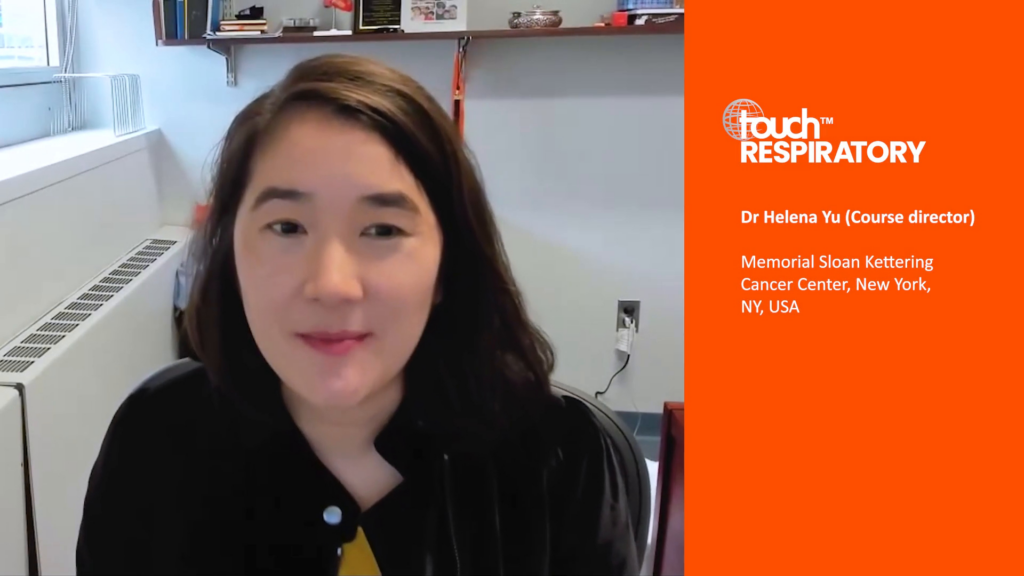
Experts provide insights on tailoring treatment in patients with EGFR-mutant and wildtype NSCLC.






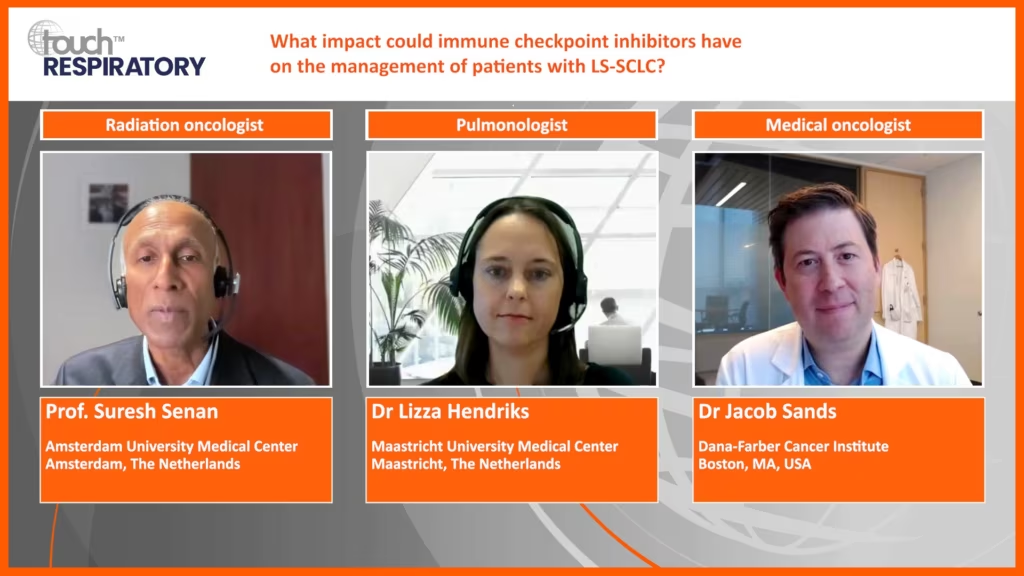
A multidisciplinary team discusses the role of immune checkpoint inhibitors (ICIs) in limited-stage small cell lung cancer (LS-SCLC).







A multidisciplinary team of specialists discuss the use of targeted therapies for NSCLC with MET alterations.
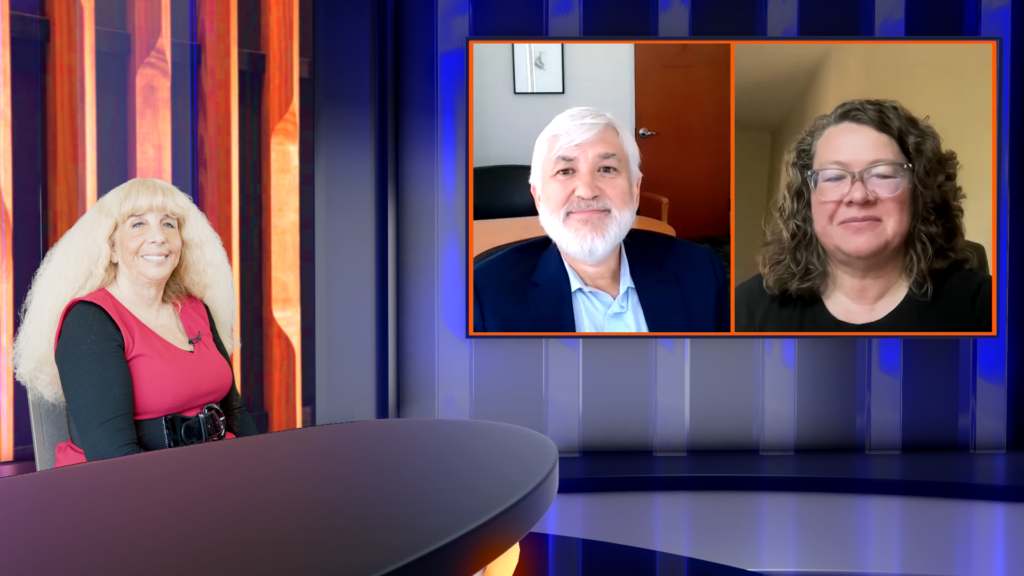
Two oncologists and a pathologist discuss the implications of HER2 targeting in solid tumours, with a focus on NSCLC.



An oncologist and a pathologist discuss HER2 testing and treatments for HER2-altered NSCLC.







Prof. Wakelee discusses the latest evidence on immunotherapy for early-stage, resectable NSCLC.




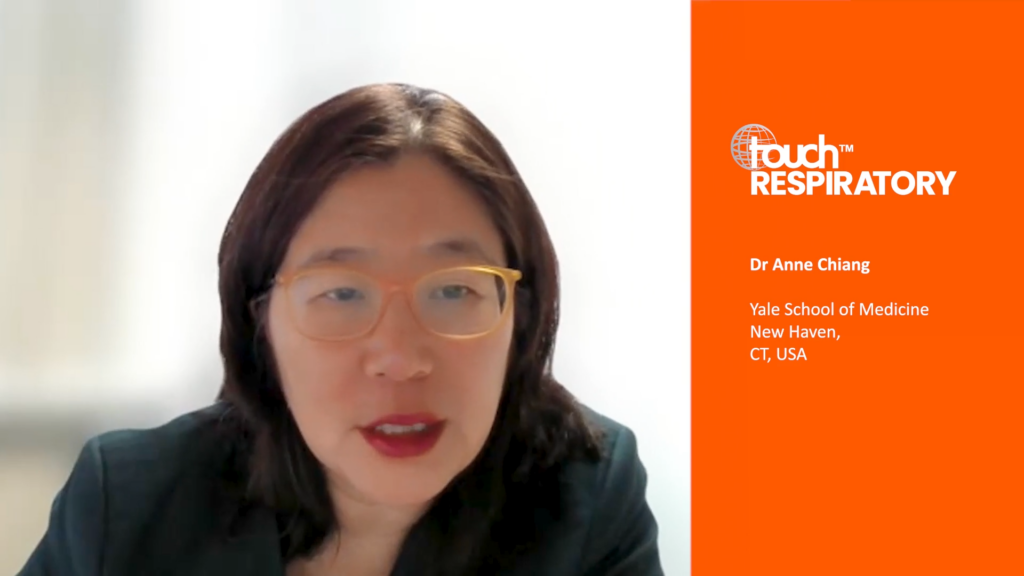
A medical oncologist shares her insights on the current treatments for LS-SCLC and the remaining unmet needs
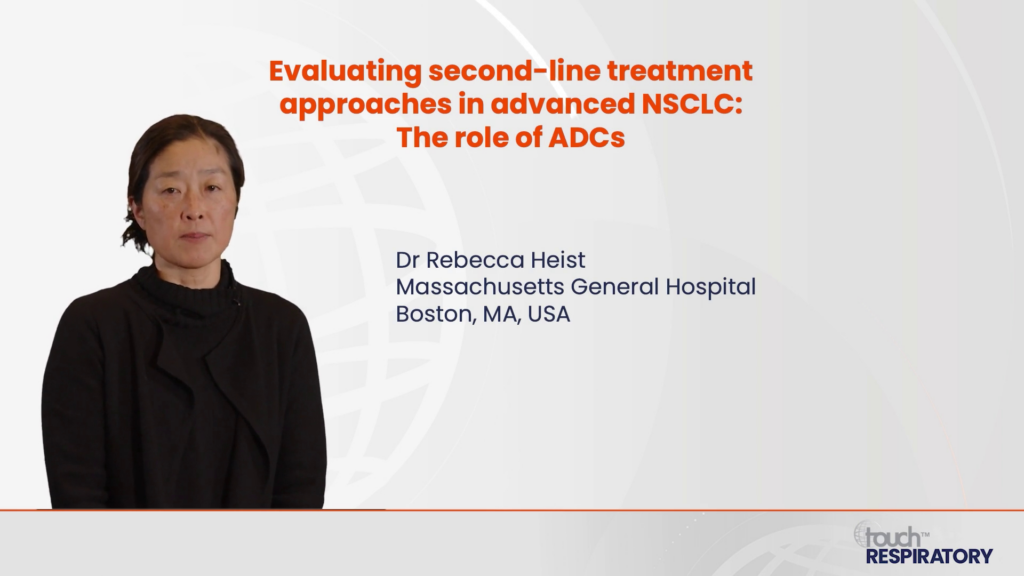
Dr Rebecca Heist discusses emerging antibody-drug conjugates for the second-line treatment of patients with advanced non-small cell lung cancer.




Latest articles videos and clinical updates - straight to your inbox
Log into your Touch Account
Earn and track your CME credits on the go, save articles for later, and follow the latest congress coverage.
Register now for FREE Access
Register for free to hear about the latest expert-led education, peer-reviewed articles, conference highlights, and innovative CME activities.
Sign up with an Email
Or use a Social Account.
This Functionality is for
Members Only
Explore the latest in medical education and stay current in your field. Create a free account to track your learning.



